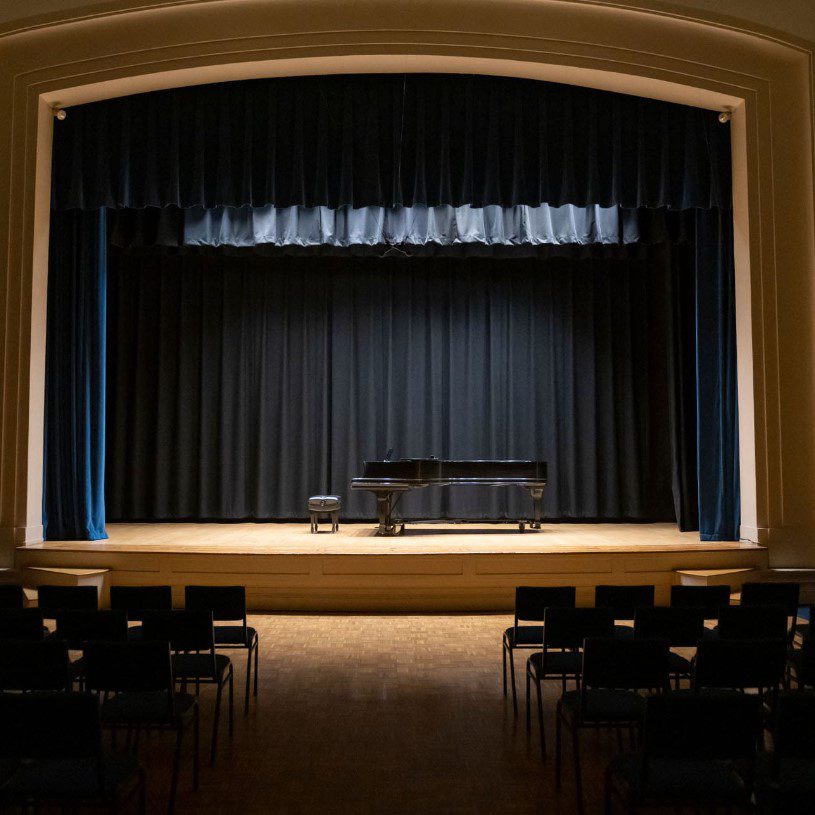Song and Verse: An Evening of German Lieder
Williams Hall


Working closely with Vocal Arts faculty members, students engage with rich traditions of song composition from around the globe. Committed to diversity, our programs feature both established and emerging composers and poets from across many cultures and traditions. This series creates new opportunities for students to participate with the singular type of storytelling unique to song.
Brett Hodgdon is the pianist and coach for tonight's performers.
Artist(s)
Ryan Carpenter, baritone
Anjulie Djearam, soprano
Lucci Li, mezzo-soprano
Ogechi Okoye, soprano
Valentine Umeh, tenor
Brett Hodgdon, piano, coach
Mendelssohn
Auf Flügeln des Gesanges
Minnelied
Clara Schumann
Sie liebten sich beide
Ich hab' in deinem Auge
Ich stand in dunklen Träumen
Er ist gekommen
Warum willst du and're fragen
Robert Schumann
Er und Sie
Brahms
Wie Melodien zieht es mir
Immer leise wird mein Schlummer
Sapphische Ode
Von ewiger Liebe
Es rauschet das Wasser

